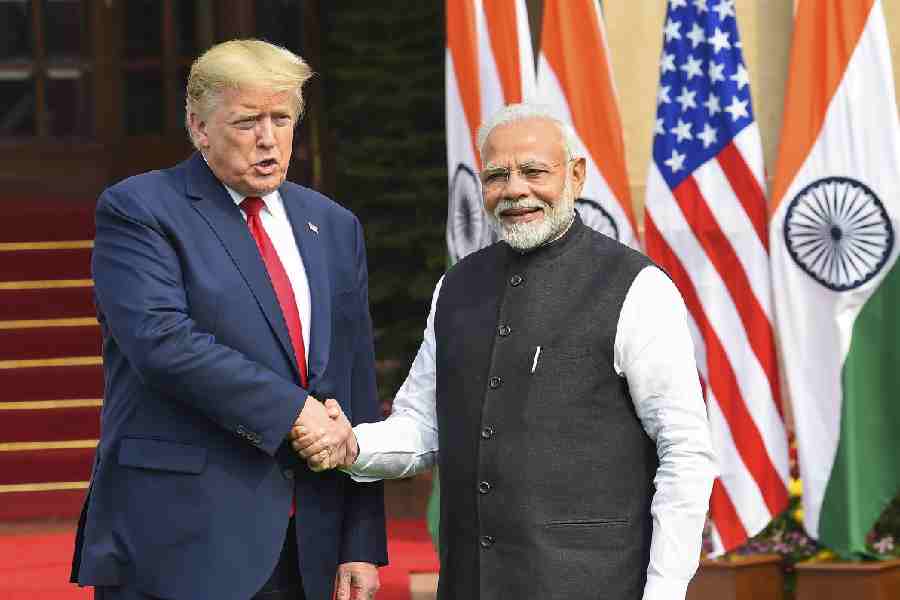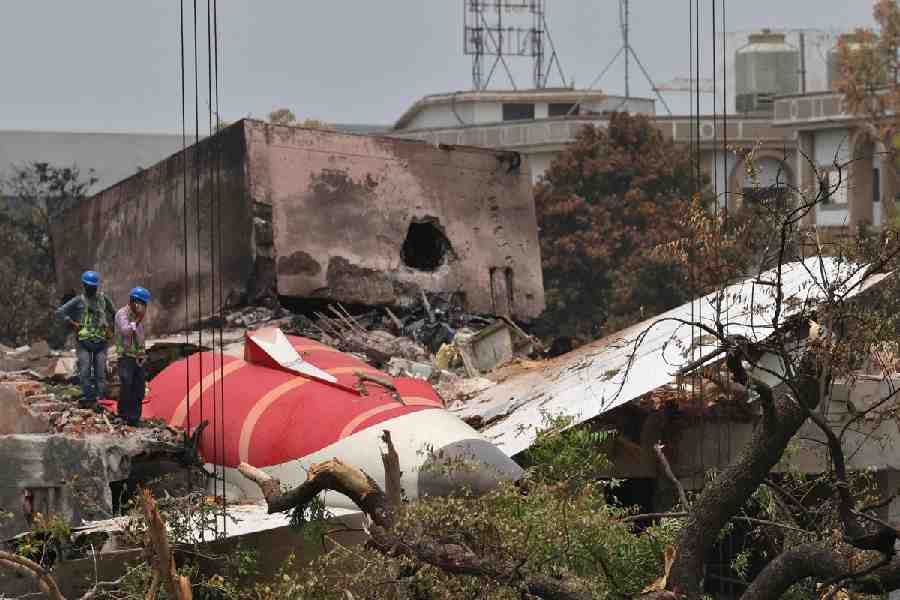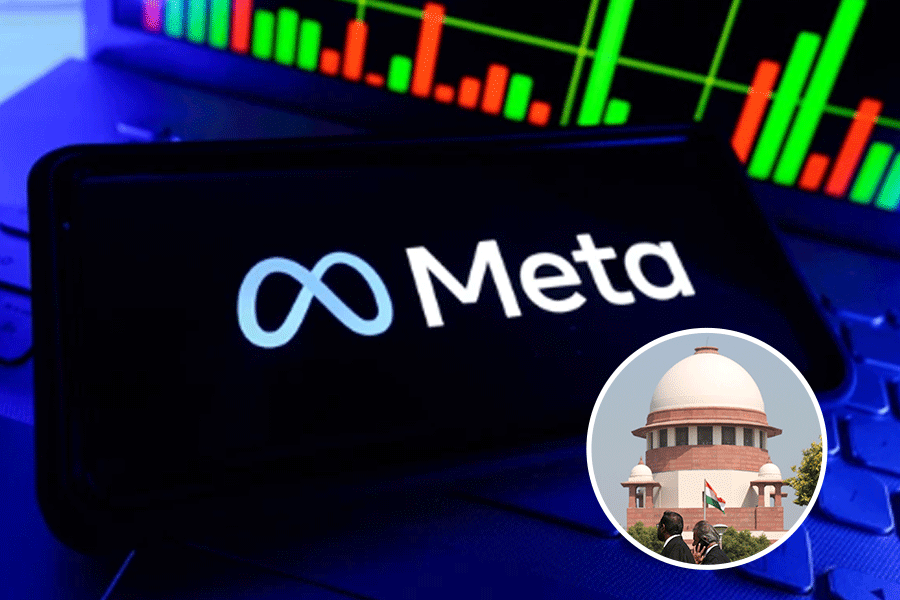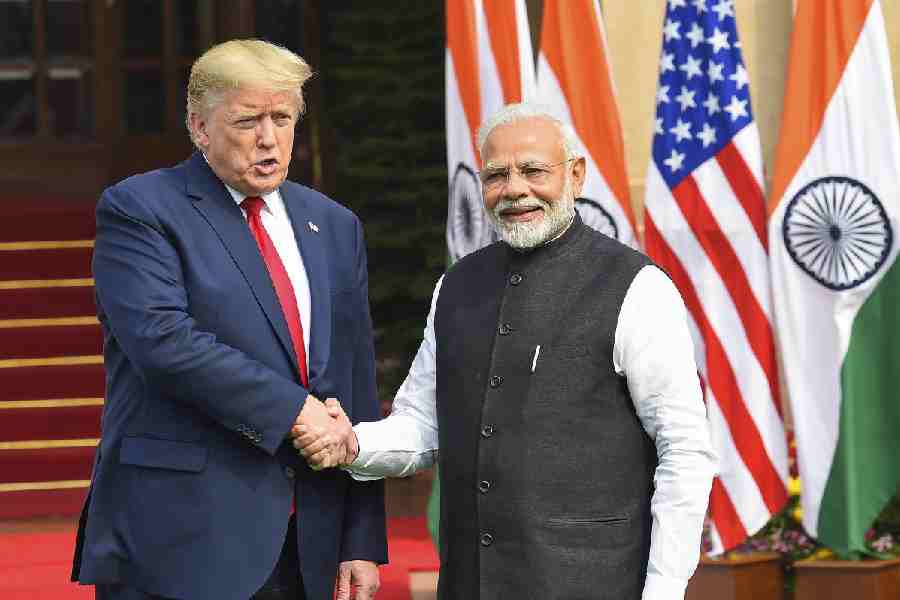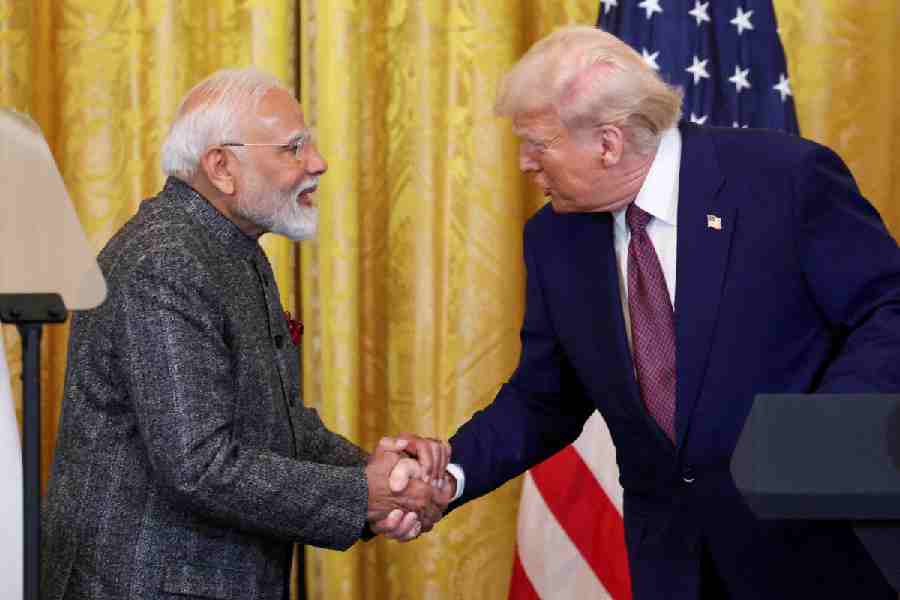
On a fine Sunday morning, I was playing cricket and hurt my foot. I was rushed to a nearby hospital to take first aid. As I was waiting for my turn, I met my friend Ritesh, who was also waiting for the doctor with his father, who was being treated for cancer.
During our conversation, I came to know about the huge amount he was incurring on medical expenses since his father was diagnosed with cancer. Ritesh is a middle-class salaried individual who is worried about spending a major portion of his salary towards medical expenses. As his friend, I thought it was my duty to make him aware of few benefits that he can claim on the tax front for his medical expenses.
I asked Ritesh if he has taken any medical insurance. He said no, he did not want to pay premium every year and perhaps never claim any benefit.
I reminded him that medical insurance, apart from paying for medical emergencies, can act as a tax saving tool too.
The premium paid can be claimed as deduction under section 80D of Income tax Act, 1961 ('the Act') up to Rs 25,000 for self, spouse and dependent children and up to another Rs 25,000 for parents.
However, if you or any of your family members (mentioned above) happen to be a senior citizen (60 years old or more), the limit of Rs 25,000 rises to Rs 30,000.
Moreover, one can claim a deduction of Rs 5,000 under section 80D for going for preventive health check-ups.
However, the preventive health check-up limit of Rs 5,000 is included in the overall limit of section 80D.
Section 80D also provides for tax benefits for medical costs incurred for very senior citizens (80 years old or more) up to Rs 30,000, provided they don't have a health cover.
The overall limit under section 80D is Rs 60,000 (Rs 30,000 for self, spouse and dependent children and Rs 30,000 for parents for premium paid or medical expenditure incurred). These limits are applicable for financial year 2015-16 and onwards.

I also explained to Ritesh that as his father was suffering from cancer (which is a chronic disease), he can also claim a deduction under section 80DDB of the Act up to an amount of Rs 40,000 or actual amount incurred (whichever is less) or Rs 60,000 or actual amount incurred (whichever is less) in case his father is a senior citizen. For very senior citizens, the limit of deduction is lower of Rs 80,000 or actual amount incurred. The above limits are applicable for fiscal 2015-16.
In case he has a relative who is handicapped or disabled and he is incurring expenses on their maintenance or depositing annuity amount under an approved scheme, he can claim a deduction under section 80DD, amounting to Rs 75,000 for the tax year 2015-16.
If the disability is severe (more than 80 per cent), the deduction amount shall be Rs 125,000. However, form 10IA, issued by a government doctor certifying the physical disability, needs to be submitted to claim this deduction. Further, deduction under section 80DD is fixed irrespective of the expenditure incurred.
Similar deduction is also available under section 80U in case you yourself are suffering from any such disability.
Deduction under section 80DDB, 80DD and 80U can be claimed only by tax residents of India.
A salaried employee can produce medical bills to his employer and can claim reimbursement of the same free of tax up to Rs 15,000.
To sum up, I told my friend to retain all bills and documents so that they can be produced to his employer/ assessing officer during verification. Also, if anyone else has claimed any benefit for a particular expenditure, the same should not be claimed again by him. By now, my turn came and it was time to leave. I wished his father a speedy recovery and went in to see my doctor.
(Milesh Kumar, senior tax professional, EY, contributed to the article)





